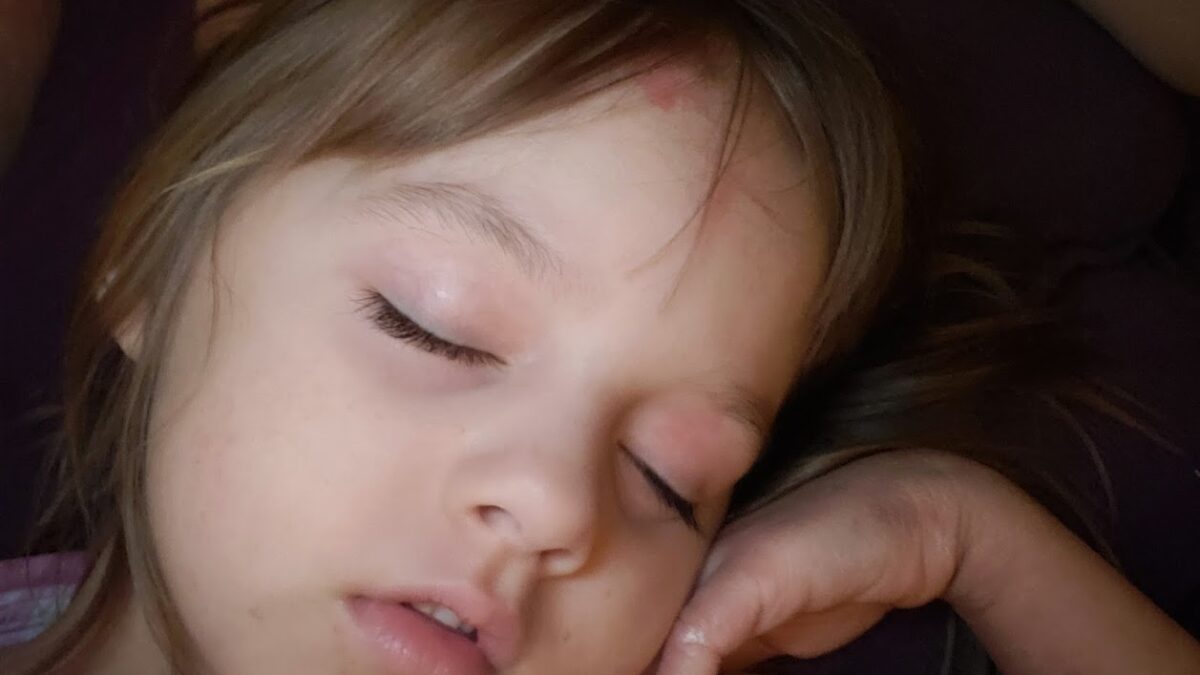From the moment we become parents, sleep can become stressful, and not just because of those newborn nighttime disruptions! Rather, ‘wake windows’ haunt us through the toddler years, while we all know that ample sleep (recommendations state as much as 10-11 hours a night) is crucial for healthy cognitive functioning even as children grow older.
Unfortunately, kids who experience developmental leaps and biological changes well into their teen years don’t always play by the sleep rule book, leading to plenty of sleepless nights for their parents, who may question when such issues become a pressing concern.
After all, many parents notice sleep disruption between the ages of 8-12 due to everything from hormonal shifts, to exam stress, and more. However, there are certain signs which may suggest that your child’s sleep problems sit outside of these expected disruptions, and we’re going to look at a few of them here.
Persistent difficulties sleeping
If your child experiences a night or even a few nights of disrupted sleep, it’s generally not a major problem. However, if persistent sleeping troubles extend past this point, there’s likely something else going on. The fact that sleep deprivation in itself can also be one of the signs and symptoms of high-functioning depression, anxiety, and other issues especially makes the help of either a sleep professional or family doctor essential as soon as a problem like this becomes a regular occurance. This way, parents can better get to the bottom of why sleep is going so poorly, and what they can do to change that.
Problems in school
Children who rely on sleep to improve not just their cognitive functioning (which also plays a role here), but also their memory, attention, and beyond may also begin to struggle at school if a lack of sleep is left to take its toll. As such, if notable issues in school keep arising, including a lack of attention or even hyperactivity in class, insomnia may be to blame. In this instance, parents should take the time to speak with both their child’s teacher about the situation or any notable behavioral changes, and to their child about what’s happening. Again, professional help can then be sought if an ongoing inability to sleep emerges as the primary problem.

Increasing signs of exhaustion
Kids need up to 11 hours of sleep each night for a good reason, and it’s never long until not getting that sleep takes its physical toll. As such, drowsiness, continual daytime napping, and even persistent complaints like morning headaches should all alert parents to a worrying sleep problem. Over time, behavioral changes like a lack of attentiveness or excessively argumentative or hyper behavior may also make itself known. In each instance, this is a sure sign that it’s past time your child sought help about a lack of sleep that’s well on its way to taking a worrying toll.
Sleep more soundly knowing that your kids are as healthy and happy as possible by always looking out for these sleep-based warning signs!
















